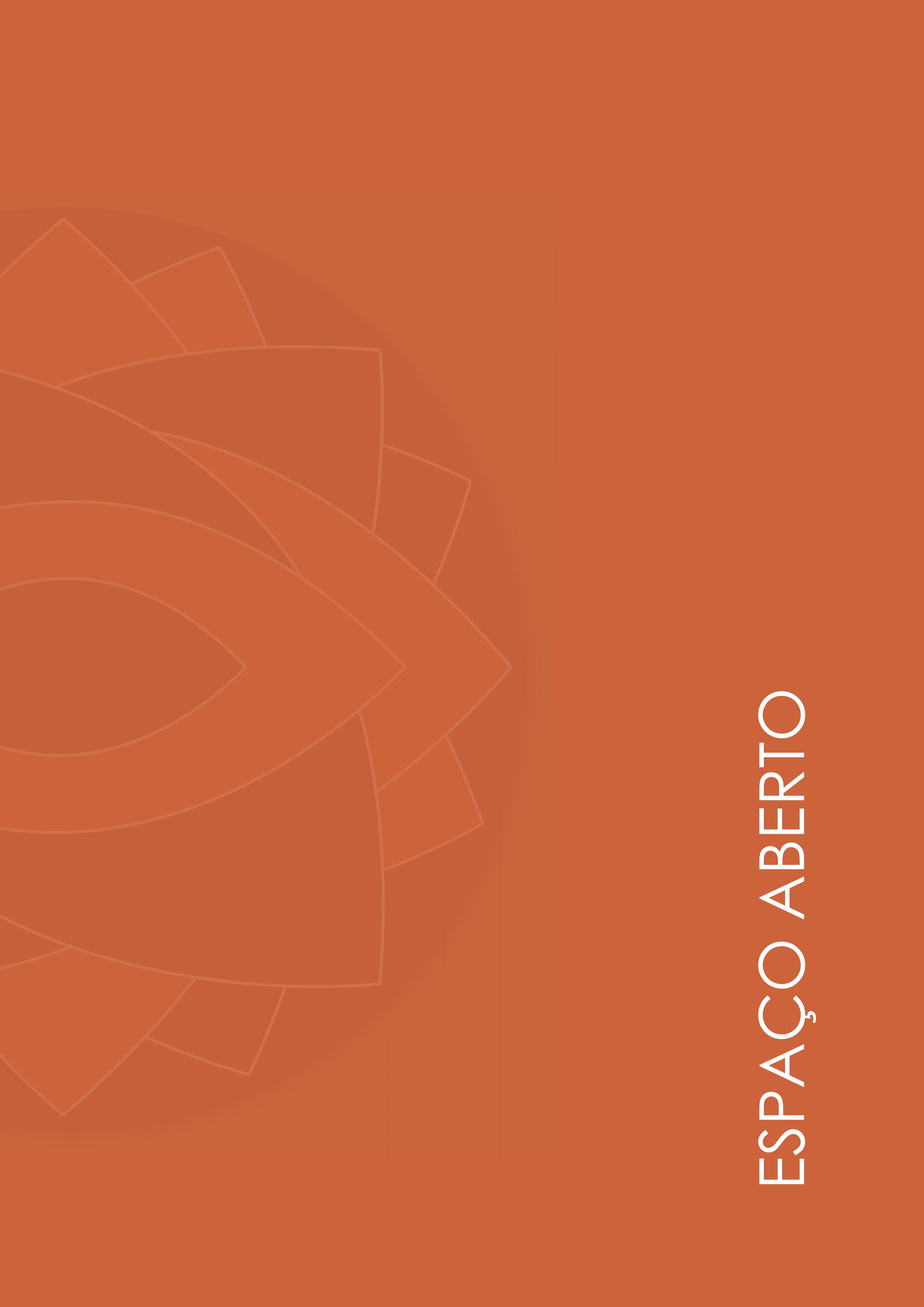Wilderness and domestication in human-other-than human primate collectives
DOI:
https://doi.org/10.22478/ufpb.2447-9837.2020v3n11.51490Resumen
This paper aims at discussing the frontier between wilderness and domestication in the production and experience of human and non-human primate collectives. It describes three diverse ethnographic cases: populations of humans and other primates in a wildlife and exotic rescue centre in Italy, in a protected park in The Gambia, and in unprotected forests in Brazil. Such a panorama of frontiers between wild and domesticated human-non-human primate collectives allows to observe how these are constantly redefined
as flexible interactions in specific lived experiences. Active agency of non-human primates emerges in the described ethnographic examples as one of the main elements in the production of the wild-domesticated-wild frontier. The main thesis is that wilderness and domestication are movements of mutual symbioses producing dynamic networks in which involved actors are reciprocally redefined. Such a frontier, far from defining a static dichotomy, crosses epistemological and ontological borders, constituting a device for the multiplication of the voices in ethnographic descriptions.
KEYWORDS:
Multispecies. Human-non-human primates. Domestication. Wilderness.
Descargas

Descargas
Publicado
Número
Sección
Licencia
- Autores mantém os direitos autorais e concedem à revista o direito de primeira publicação, com o trabalho simultaneamente licenciado sob a Licença Creative Commons Attribution que permite o compartilhamento do trabalho com reconhecimento da autoria e publicação inicial nesta revista.
- Autores têm autorização para assumir contratos adicionais separadamente, para distribuição não-exclusiva da versão do trabalho publicada nesta revista (ex.: publicar em repositório institucional ou como capítulo de livro), com reconhecimento de autoria e publicação inicial nesta revista.
- Autores têm permissão e são estimulados a publicar e distribuir seu trabalho online (ex.: em repositórios institucionais ou na sua página pessoal) a qualquer ponto antes ou durante o processo editorial, já que isso pode gerar alterações produtivas, bem como aumentar o impacto e a citação do trabalho publicado (Veja O Efeito do Acesso Livre).


